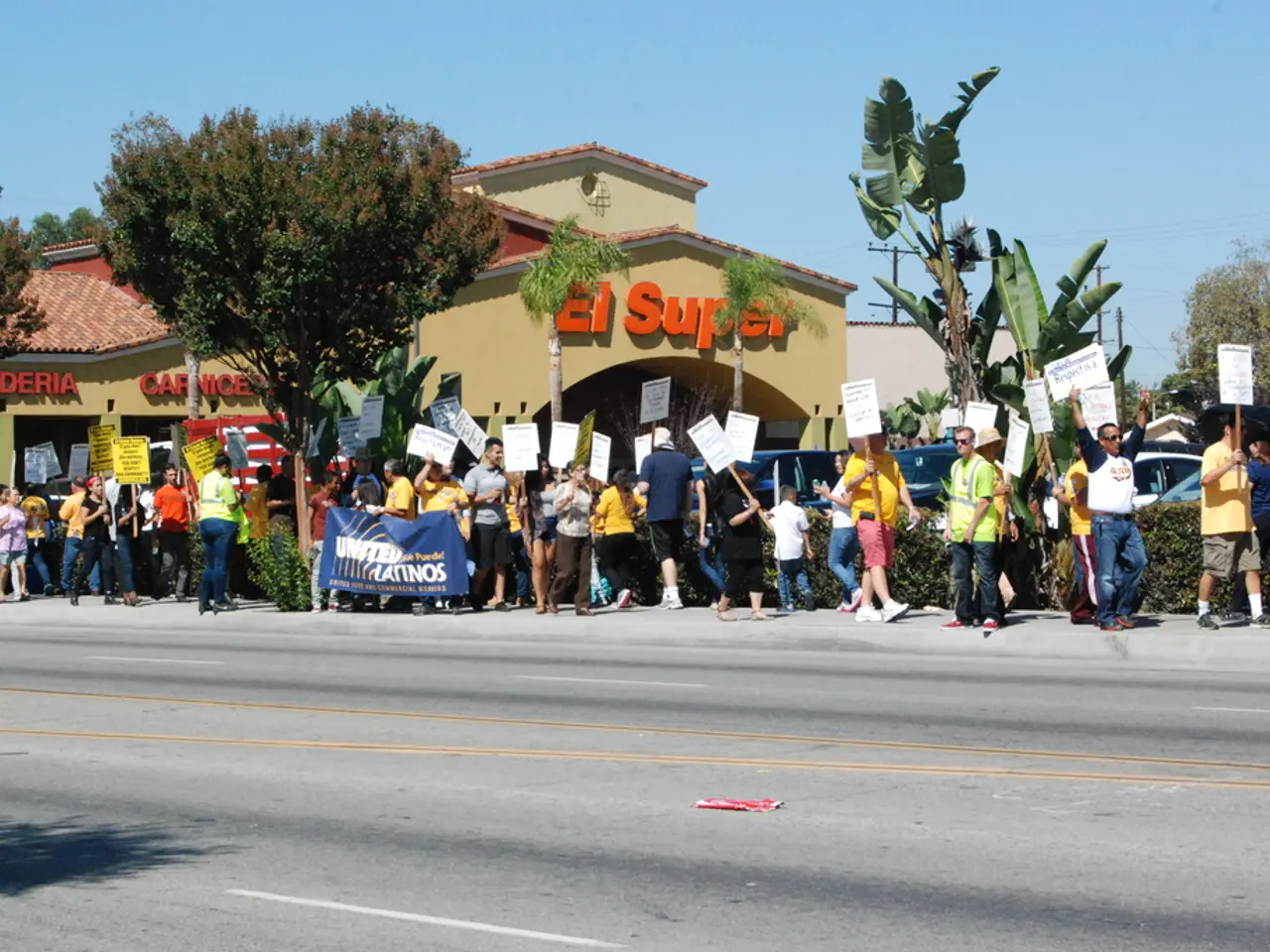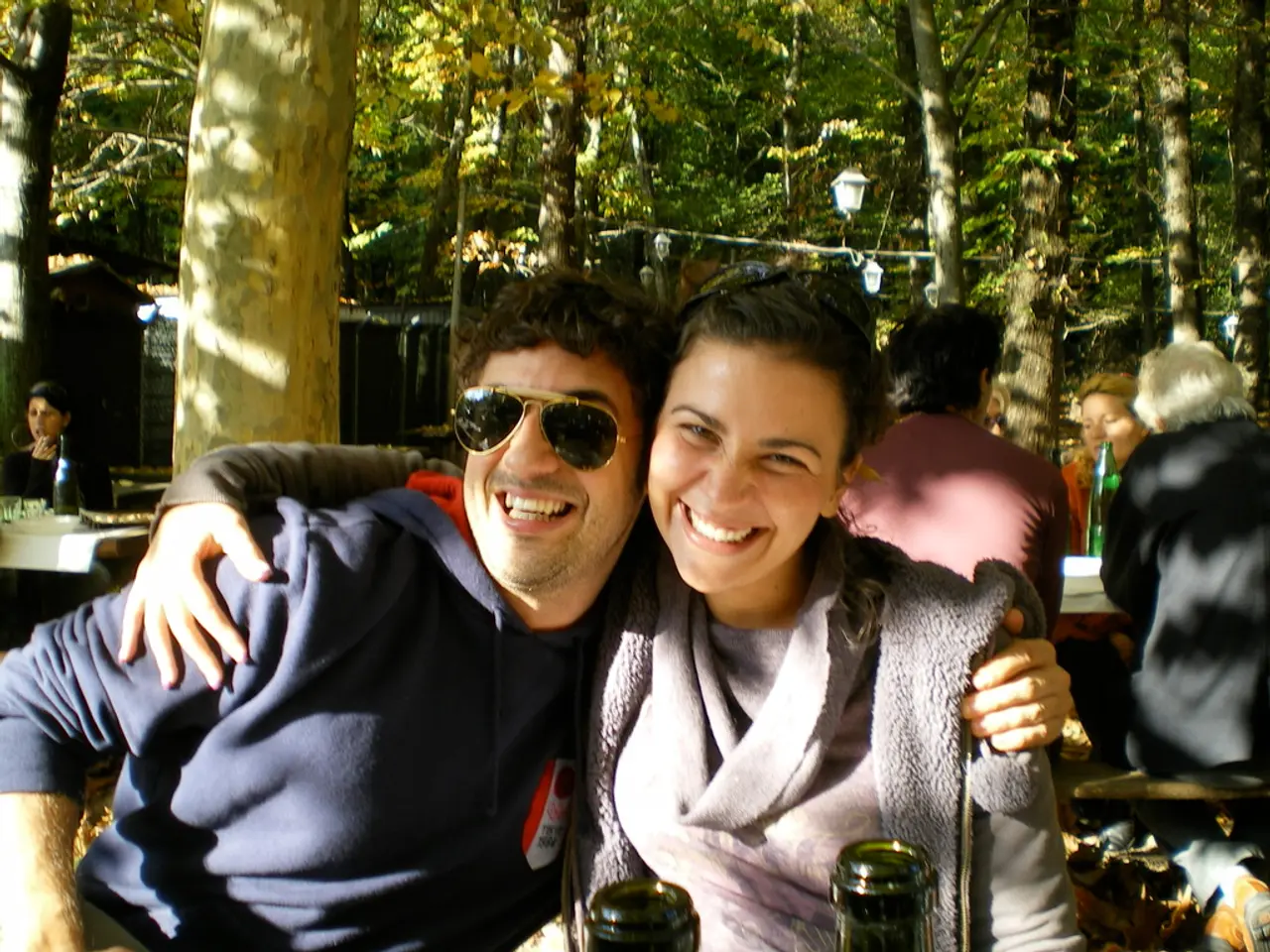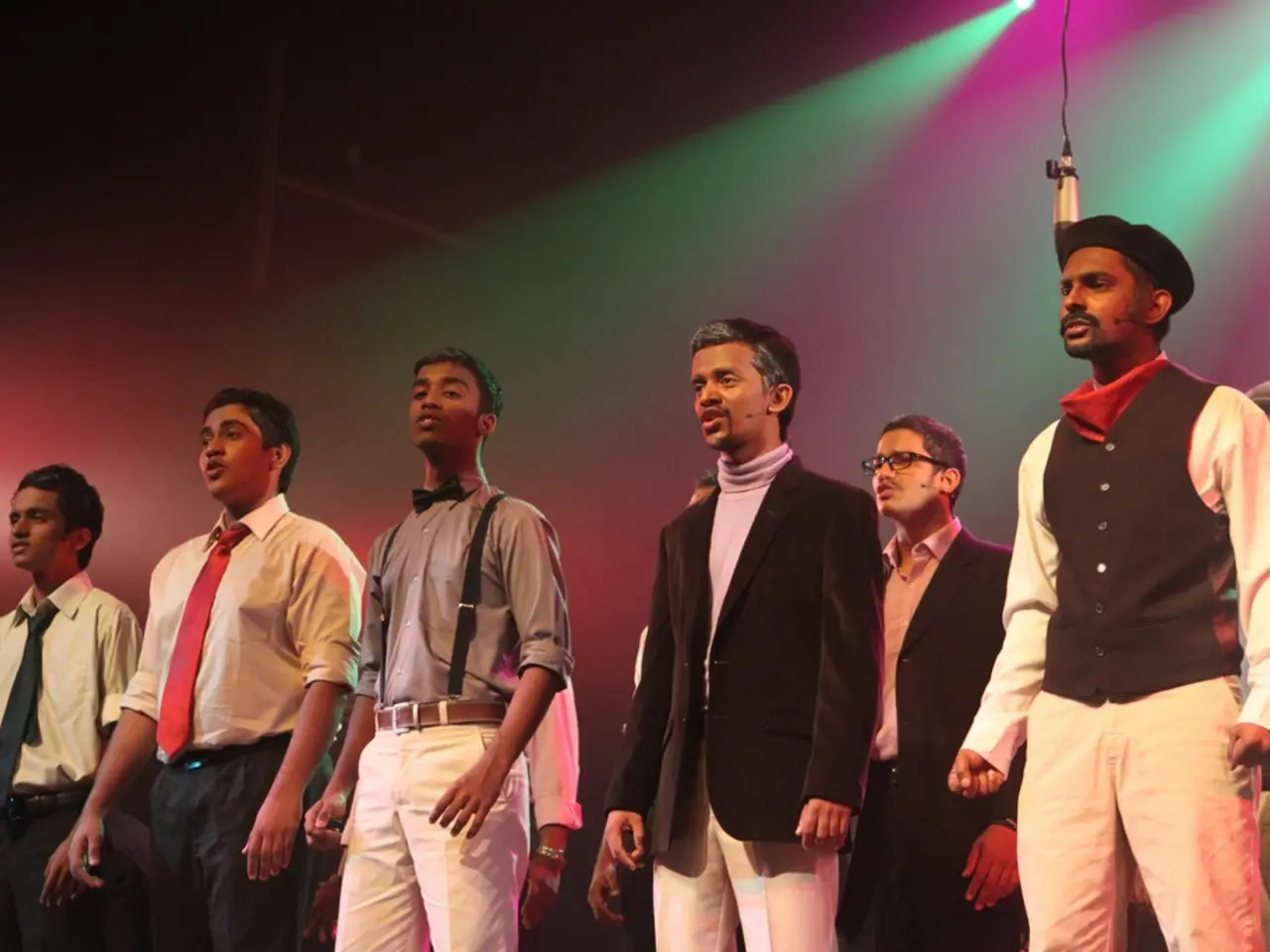Evangelicals, abducted in Colombia, discovered in a communal burial site.
In a shocking turn of events, the bodies of eight missing evangelical leaders have been discovered in the department of Guaviare, following a humanitarian operation by the International Committee of the Red Cross (ICRC). The victims, identified as James Caicedo, Oscar Garcia, Maryuri Hernandez, Maribel Silva, Isaid Gomez, Carlos Valero, Nixon Penaloza, and Jesus Valero, were kidnapped by FARC dissidents and executed on unfounded suspicions of collaborating with the ELN.
The ICRC had provided authorities with information on possible locations where recent victims of violence in the Guaviare area might be found. The mass graves, where the bodies were found, were located thanks to a new lead that emerged over the weekend. The authorities have since verified the identity of the remains.
The Evangelical Confederation of Colombia (CEDECOL) has expressed deep consternation, indignation, and rejection of the vile murder of the eight Christian leaders. These groups often attack Christians, especially if they perceive them to be opposed to the businesses of the cartels and gangs, as explained by Open Doors. Christian leaders are particularly at risk in Colombia, as they are seen as a threat due to their ability to influence young people, who make up a large part of the guerrilla groups' ranks.
FARC dissidents, remnants of the Revolutionary Armed Forces of Colombia (FARC), are responsible for a significant challenge to peace and stability in Colombia. The FARC was formed in response to political exclusion and peasant grievances following Colombia's civil wars. It evolved into a powerful insurgent force but faced severe repression, particularly from right-wing paramilitary groups. The 2016 peace deal led to the FARC's disarmament, but not all members agreed to demobilize, leading to the emergence of FARC dissident groups.
These dissident groups maintain control over various territories, particularly in regions with weak government presence. They engage in drug trafficking, extortion, and other criminal activities to fund their operations. Some dissident groups have allied with other criminal organizations, such as the Clan del Golfo, to expand their influence and control over drug and mining sectors.
The ongoing military conflict over territorial control in rural and jungle areas of Colombia continues to create dangerous situations for Christians. Movement schedules have been implemented for citizens in the area, and after six in the evening, people can't go out. Church services must be held earlier.
Open Doors, an evangelical organisation that defends persecuted Christians, warns about the risks faced by Christians in Colombia. Guerrilla groups, which are generally linked to drug gangs, have become more powerful and control more territory in Colombia. The community is in shock, and many have chosen to leave the area due to the control of the Armando Rios front, part of the FARC dissidents.
The ongoing violence and social unrest complicate efforts to consolidate peace in regions controlled by FARC dissidents. The FARC dissidents' activities contribute to ongoing violence, making it crucial for authorities to address this issue to ensure the safety and security of all communities, including evangelical ones.
- The general-news surrounding Colombia's Guaviare department is now dominated by politics, as the authorities investigate the FARC dissidents responsible for the kidnapping and murder of eight evangelical leaders.
- In the realm of crime-and-justice, Open Doors warns that guerrilla groups, particularly the FARC dissidents, continue to pose a significant threat to Christian communities in Colombia, leading to religious leaders being targeted and forcing many to leave their homes.








